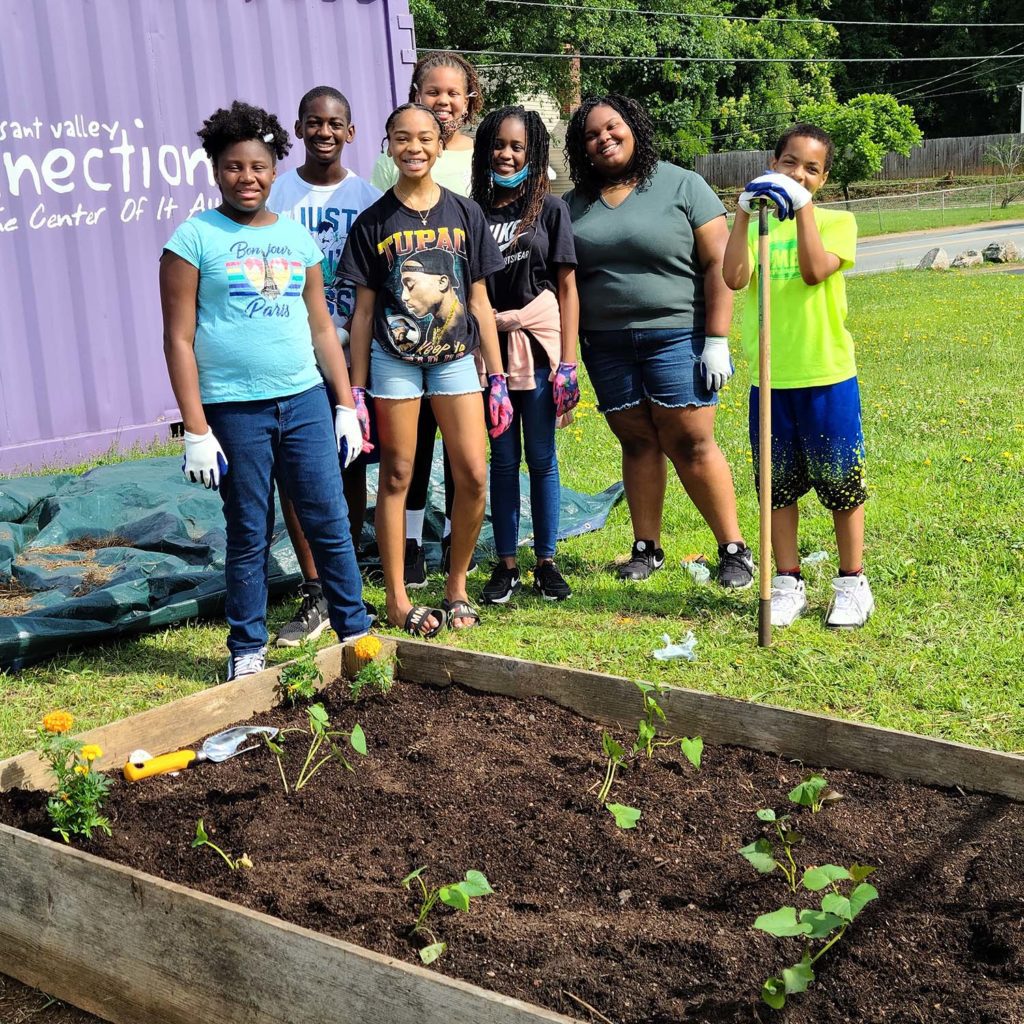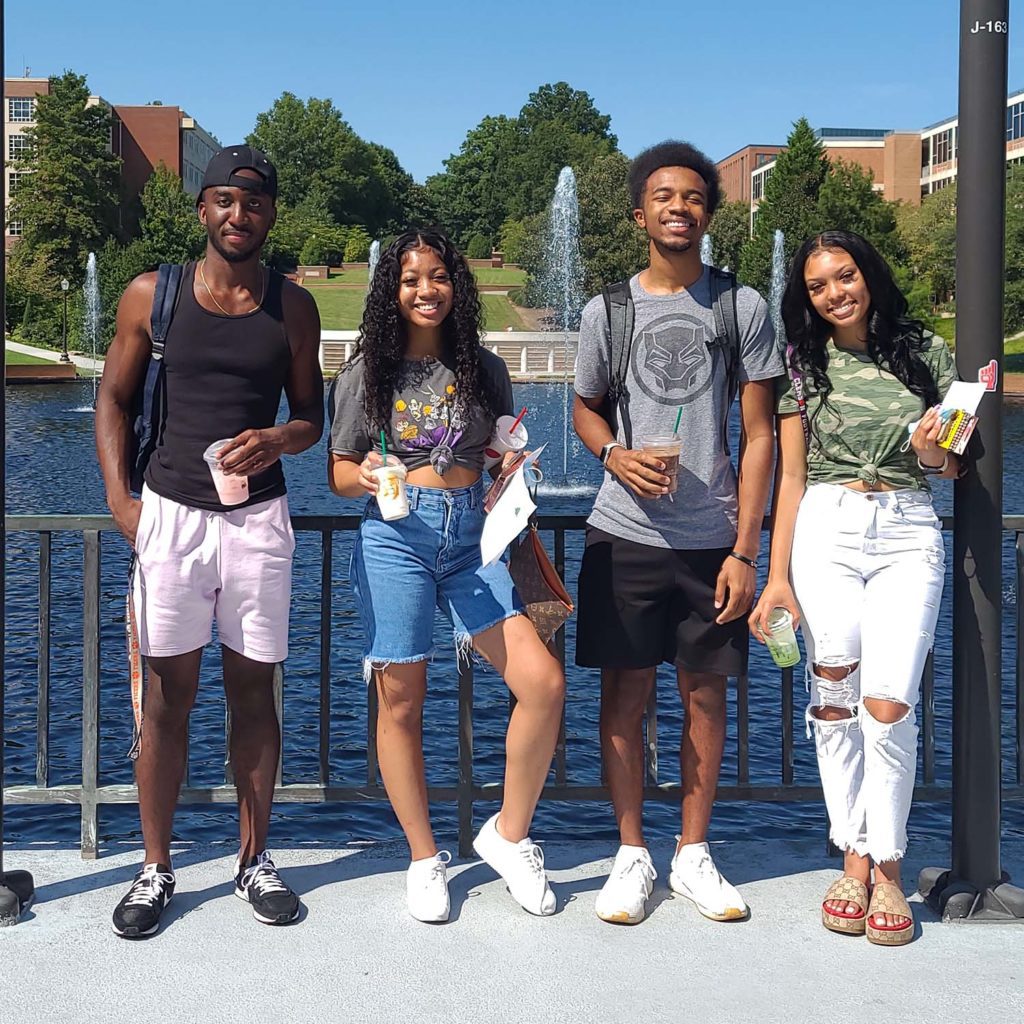Clemson University Cooperative Extension issued the following announcement on October 22.
Researchers from Clemson University are using grant funding from the National Science Foundation to create and examine the impact of a program that helps to foster science, technology, engineering and math (STEM) identity in Black youth.
The program, I Am a Scientist, is community-based and explores the role of racial identity in Black youths as it pertains to their commitment to STEM learning. Dr. Harrison Pinckney, associate professor in the Department of Parks, Recreation and Tourism Management, leads the project while undergraduate students and community members serve as role models and mentors implementing the curriculum at four locations across the Upstate.
According to Pinckney, many Black youth grow up feeling their narrative is already written – especially when their views about life and self are limited to the context of their surroundings. I Am a Scientist was born from higher education and the community recognizing the need for more diverse learning opportunities – and with the understanding that Black youth develop race-related beliefs through racial socialization.

Students gather at Pleasant Valley Connection Teen Center in Greenville to plant a community garden.
“I believe one of the main reasons we don’t see more Black youth pursuing STEM is because they aren’t exposed to real-life examples,” Pinckney said. “If their perception of science is limited to the work done in labs by older white men, they will never view it as a realistic path for themselves.”
The program will use community gardens as a vehicle to deliver STEM experiences to Black youth from sixth to eighth grade. Students will have an opportunity to use engineering, math and plant science to address specific needs within their own community – one of which is food scarcity. They will also learn how the diets of Black people have evolved over time and how diets directly impact their health.
Developed by a team of professors from the College of Behavioral, Social and Health Sciences; College of Agriculture, Forestry and Life Sciences; and College of Engineering, Computing and Applied Sciences; along with Clemson Cooperative Extension agents, I Am a Scientist is interdisciplinary in its design, delivery and scope.
In a multi-method approach, students will be asked to take surveys, record journal entries and participate in focus groups as a way for principal investigators to gauge how their commitment to STEM changes over time. Additionally, through the development of online storytelling platforms, students will share photos, videos and artifacts from their time in the program. These augmented reality products will serve as a final means to assessing the program’s impact on its participants.
DeVette Green, director of Pleasant Valley Connection (PVC) Teen Center in Greenville, is involved as a community partner in the project. She sees the need within her community and makes it her daily mission to expose the nearly 50 students enrolled in the center’s afterschool program to a variety of life experiences.

Clemson University student role models prepare to serve local communities through the I Am a Scientist program.
“Our goal at PVC Teen Center is to encourage students to pursue their passions and take ownership of their future,” Green said. “I want my students to realize their potential – and by participating in I Am a Scientist, I hope they begin to identify with scientists in a new way, while cultivating a healthy relationship with and understanding of the food they use to fuel their bodies.”
The program will run for one year at which point principal investigators on the project will determine its impact. If successful, the team will apply for a grant through the NSF to implement interdisciplinary programs across the state.
The Department of Parks, Recreation and Tourism Management is part of the University’s College of Behavioral, Social and Health Sciences (CBSHS). Established in July 2016, CBSHS is a 21st-century, land-grant college that combines work in seven disciplines – communication; nursing; parks, recreation and tourism management; political science; psychology; public health sciences; sociology, anthropology and criminal justice – to further its mission in “building people and communities” in South Carolina and beyond.
Original source can be found here.

 Alerts Sign-up
Alerts Sign-up